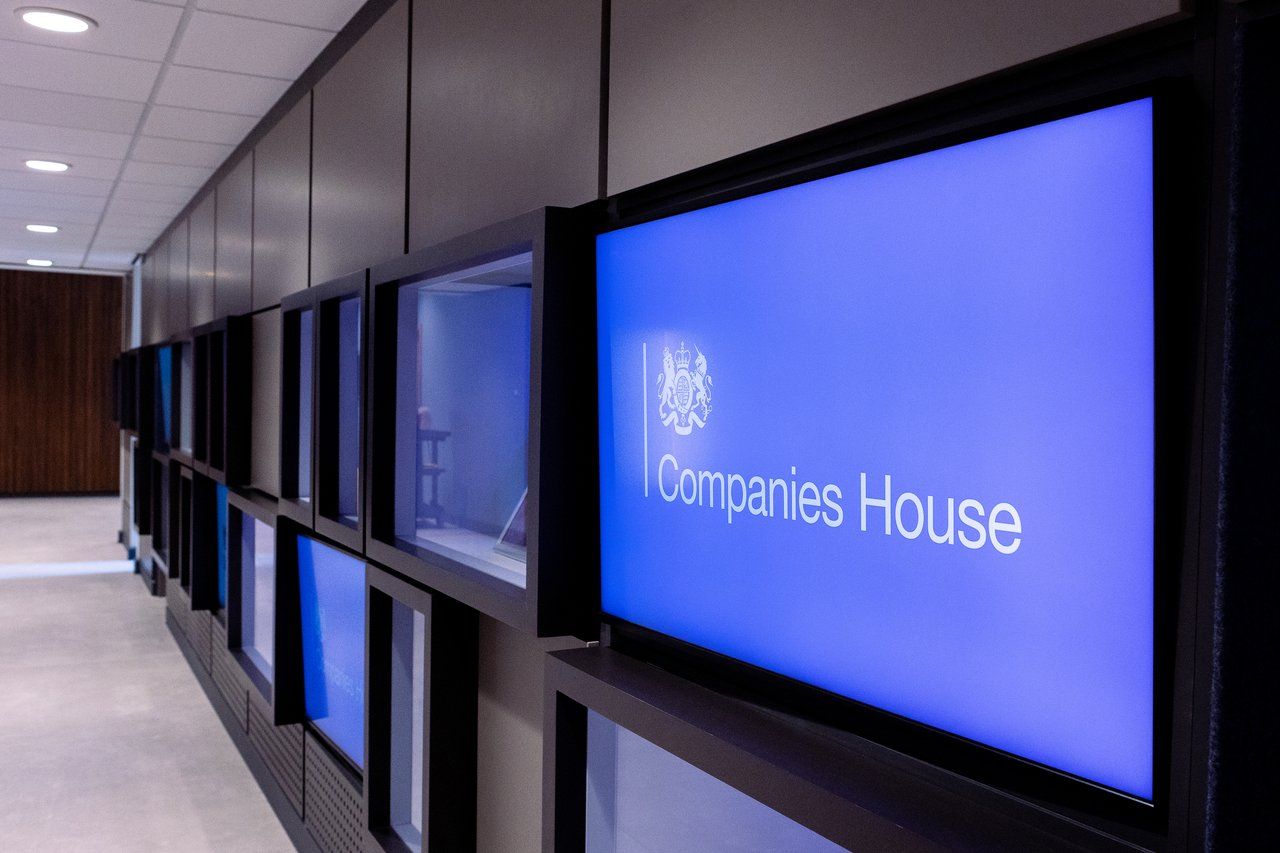Managing your staff’s soapbox
What businesses should learn from the Eton teacher and his YouTube lesson
As an employer or a manager, do you want to be surrounded by staff who have only ever been exposed to ideas exactly like yours? Or do you want colleagues who have heard lots of different life views, can robustly defend their own position as well as listen respectfully to the views of others, then from time to time modify their ideas in the light of experience? One of the many responsibilities of education, in my view, is to deliver you the latter.
In the early years of my teaching career, the mid 70s, I remember very clearly the day when the headmistress took me aside and said there had been a complaint that I was overenthusiastic in my embracing of the feminist agenda. I was somewhat taken aback. It was a school that prided itself on producing feisty young women and I considered myself quite mild in my views compared with a number of my friends. We agreed that the father who had complained probably had problems with women, and I accepted that I needed to be more aware of how I was coming across and no more was ever said.
How things change. The riot of publicity over the disciplining of an Eton master who posted an on-line lesson, ‘The Patriarchy Paradox’, and then refused to take it down when told to by his headmaster, is in part a result of the social media explosion, but also plays to a number of unresolved issues around at the moment that were less front stage all those years ago.
Freedom of speech must be protected, shouts one corner. Teachers’ responsibility to give a balanced perspective, shouts another. Professional standards, say others. As a former principal, I say, just do what your headmaster says, and get on with it.
We have accepted in this country that you can’t just say what you want. There is such a thing as hate crime. What does and doesn’t come into that category is a very grey area – but unpleasant, misogynistic and embarrassingly silly though the video is, it is more irritating than hate inspiring.
Do teachers have to give a balanced view on controversial or indeed any matters? Teachers are very influential in the lives of children, though by no means are they the only influence. It is that desire to influence that draws many into teaching. They want to make the world a better place by offering children perspectives beyond that of their family and local community. Indeed, society itself wants teachers to influence children which is why schools have to deliver lessons on such emotive topics as British values and radicalisation. My own experience is that when I touched on issues that I felt passionately about, making it clear they were my opinions, children’s reactions were rather like the way they react to parental views – to argue vehemently the opposite position. The idea that Eton boys, or any other school children, would listen to ‘The Patriarchy Paradox’ and say ‘Yes that is The Truth. How wise Mr Knowland is’, is simply farcical. In any case, ‘The Patriarchy Paradox’ is written on the premise that there are a number of alternative views already well known to the boys.
Can teachers expect their behaviour and opinions expressed outside of the school environment (Mr Knowland’s lesson is now on YouTube), to be ignored by the school?
No, of course not, and the DfE Teaching Standards against which all teachers, including Mr Knowland, are judged (if the matter goes to the regulatory authority), make that quite clear. In this, teachers are no different from anyone else. You don’t bring your profession into disrepute by your personal behaviour. Does Mr Knowland do this? I find it silly beyond belief but clearly others feel they have to call it out to make a statement not so much about the issues but about how correct they are.
The exploration of what it means to be a good man in the 2020s is absolutely the duty of schools, and boys’ schools have a particular and exciting responsibility to take this forward. Does ‘The Patriarchy Paradox’ have a bit part in this unfolding drama? Perhaps it does – but it depends on the other actors.
Is it all attention seeking on various people’s part and am I just adding to it by writing this?
So Mr Knowland, my advice to you is to is listen to your Head, who probably has a more holistic overview than you, and unless he tells you to act illegally or immorally, accept his authority. Aren’t you lucky he is not able to send you to prison and have you beaten for expressing your rather unenlightened views?
Sarah Evans is a guest author for Friend Partnership and writes on their behalf about issues of topical interest and general business commentary. Sarah is a former Principal of King Edward VI High School for Girls.
Sarah has in the past worked with Friend Partnership on a unique piece of research into the challenges faced by women in the workplace. Click here to view the report. They also worked together on an initiative about teachers returning to the profession.
Friend Partnership is a forward-thinking firm of accountants, business advisers, and corporate finance and tax specialists. Based in Birmingham, we act for entrepreneurial businesses and successful individuals on a national and international basis.
(Photo: Sarah Evans with Denise Friend of Friend Partnership at the launch of the Women in Business report).

The year’s best staged production? Critical Acclaim for Melting Pot Productions’ Paranormal Activity

Friend Partnership is a forward-thinking firm of Chartered Accountants, Business Advisers, Corporate Finance and Tax Specialists, based In The UK
Share this page:




